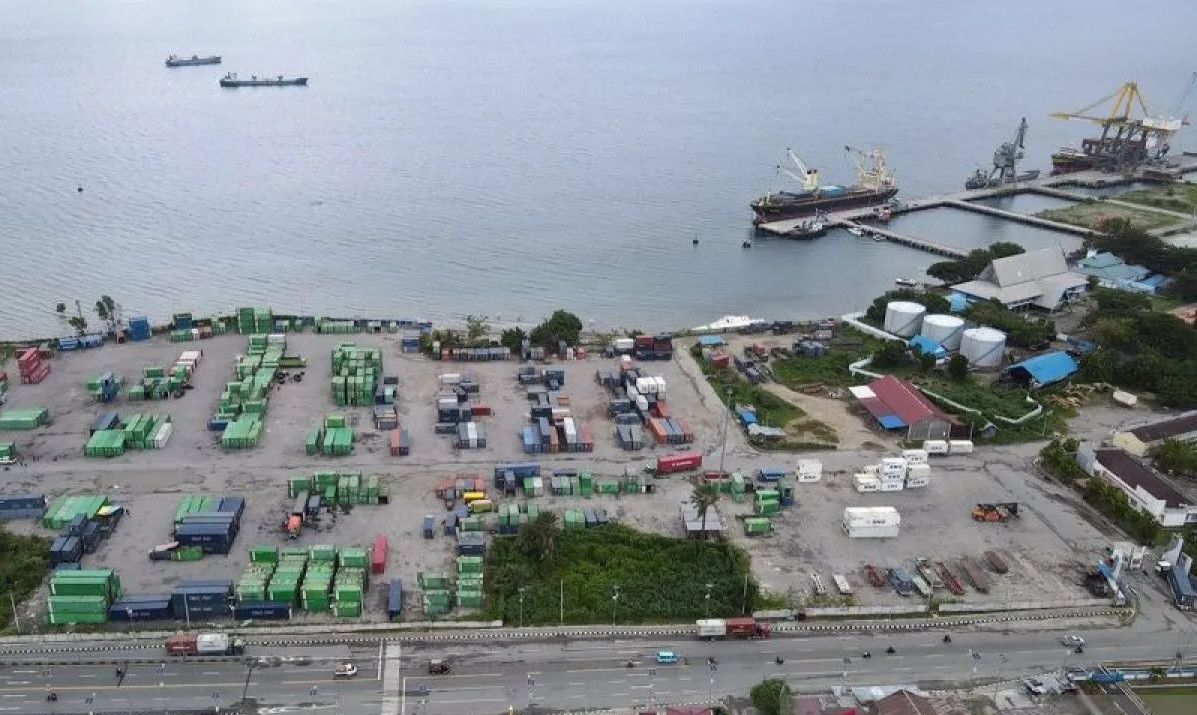
President Joko “Jokowi” Widodo said that he is optimistic that Indonesia will emerge as the world’s fourth largest economy by 2045. This statement is not without basis, as Goldman Sachs similarly predicts that Indonesia will be the world’s fourth biggest economy by 2050.
Unfortunately, there is a deeper problem that Indonesia has yet to address: dependency on foreign laws. In the 2019 Study on Governing Law and Jurisdictional Choices in Cross Border Transactions commissioned by the Singapore Academy of Law (SAL) and prepared by global research firm IPSOS, English law is the most frequently used governing law for cross-border transactions in Asia, while Singapore law is the second-most adopted governing law. This study included participants from Indonesia.
The 2019 study commissioned by SAL was supported by testimonies from Indonesian top tier corporate law firms. A 2023 publication from Project Finance, in which lawyers from the ABNR law firm took part as contributors, concluded that it is common in Indonesia to have financial documents governed by foreign laws, usually English law or New York law. In another publication from Project Finance in 2019 in which lawyers from Soemadipradja & Taher law firm contributed, the writers also stated that financing agreements tend to be governed by the laws of England and Wales, New York or Singapore.
For Southeast Asia cross-border debt financing, the common structure is for Indonesian borrowers to use foreign law, such as English or Singapore law, to obtain cross-border syndicated funding. The contracting parties also commonly agree that any dispute arising from such financing shall be resolved either in an English court, Singapore court, other foreign courts or any international arbitration institution outside Indonesia.
For Southeast Asia cross-border equity financing, both foreign and Indonesian investors often choose to incorporate a parent company in Singapore and then create Indonesian subsidiaries through the Singapore holding. The logic behind this is that the arrangement among investors at the parent company level can be done through more flexible and advanced corporate laws in Singapore.
From a commonsense perspective, this situation is not favorable to Indonesia and therefore should concern the Indonesian government, as it shows that foreign and Indonesian business players do not trust Indonesian laws.
Perhaps we can learn from the Singaporean stance on dependency on foreign laws. The Singaporean minister of law once stated, “we must have certainty in our laws and move away from reliance on English law, because we do not know what are the conditions and circumstances which presently shape the enactment of laws in the United Kingdom.”
Many in Indonesia are tempted to suggest that the Indonesian government solve this problem by creating laws and regulations to restrict Indonesian companies from using foreign law. Unfortunately, that is a recipe for disaster because we do not know the consequences of such a policy.
One could surmise that a policy prohibiting foreign law might make Indonesia less attractive to international banks and investors, potentially damaging the economy. Instead, it is advisable for the Indonesian government to create competitive Indonesian laws and regulations to protect Indonesia’s interests. Competition is positive, and even if the country loses the competition to Singapore, Indonesia can still produce great laws and regulations.
The Indonesian government should create a task force, a working committee or an organization that is responsible for ensuring continuous business development. The SAL provides a good example of a watchdog group, created by the Singapore government pursuant to Singapore Academy of Law Act 1988, that Indonesia could mirror. The SAL is a promotion and development agency for Singapore’s legal industry with a vision to make Singapore the legal hub of Asia.
Indonesia does already have watchdog groups like the SAL, but these groups have not been successful given that even Indonesian business players do not trust Indonesian law.
One possible problem behind this failure is a lack of concern about the issue. Has there been a study by an Indonesian institution like the 2019 study commissioned by the SAL?
The SAL conducted a study in 2015 as a precursor to the 2019 study. From the 2019 study, one can see what the SAL was aiming for: Singapore law to be the most frequently used law in Asia, ahead of English law. The 2019 study was good news for the SAL considering the increase in participants choosing Singapore law when compared to 2015. In short, Singapore is aiming for Singapore law dominance in Asia.
How about Indonesia? Will Indonesia continue to depend on foreign law for its business development or carry out a study like the 2019 SAL study and immediately compete with Singapore?
This is something that the Indonesian government and the Indonesian people should keep in mind. Otherwise, the future will not be as bright as President Jokowi has said.
Tanggal: 22 September 2023


